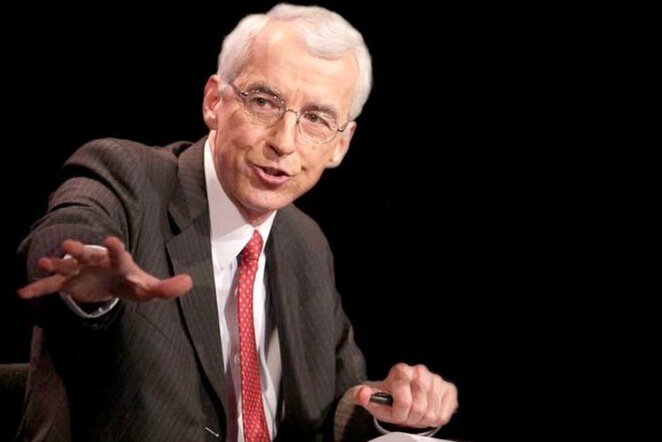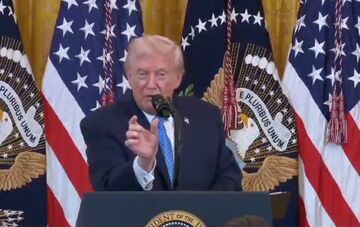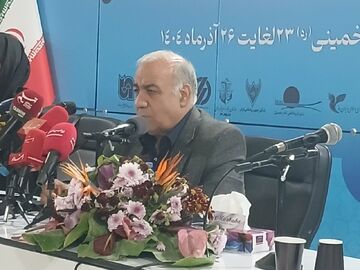TEHRAN (Bazaar) – Professor Paul Pillar, who was CIA intelligence analyst for 28 years, says Artificial intelligence, like most everything else in the digital world, knows no international boundaries.
“If there are dangers in the use of AI that need to be minimized through regulation, a single country cannot do it by itself. And China and the US are the two leaders in AI technology,” Pillar told Bazaar News Agency.
Following is the full text of the interview.
Q: US President Joe Biden met with Chinese President Xi Jinping on the sidelines of the Asia-Pacific Economic Cooperation summit in San Francisco. What was the importance of this meeting?
A: The principal importance is just that the meeting took place at all and that the two countries are communicating at the highest level. This provides some assurance that working-level frictions or incidents will not be allowed to spin out of control. The specific agreements or commitments coming from the meeting were minimal.
Q: US President Joe Biden in this meeting announced: With the Chinese President regarding the expansion of cooperation in the fields of combating, we agreed on drugs, military relations, and artificial intelligence. What is the importance of cooperation in the field of artificial intelligence for the two countries?
A: Artificial intelligence, like most everything else in the digital world, knows no international boundaries. If there are dangers in the use of AI that need to be minimized through regulation, a single country cannot do it by itself. And China and the US are the two leaders in AI technology.
Q: A senior American official said by quoting Xi Jinping's words with Biden that China prefers to achieve ‘reunification’ with Taiwan through peaceful means, but in certain circumstances, we may also use force. What is your assessment of Xi's words about Taiwan? Do you think the Taiwan crisis will bring the two countries to war?
A: Eventual incorporation of Taiwan into the People's Republic of China remains a major goal of Xi and the Beijing regime. But now, and for this summit meeting, Xi's emphasis was more on reassuring the West that China does not want to start a war over the issue. Such a war remains unlikely, although one cannot rule out completely the possibility of China and the US stumbling into a war that involves Taiwan.
Q: Jake Sullivan, the national security adviser of the White House, said before the meeting between the presidents of the United States and China: Biden believes that there is no substitute for face-to-face diplomacy to manage the complex relations between the two countries. We anticipate that the leaders will discuss some of the most fundamental elements of the US-China bilateral relationship, including the continued importance of strengthening open lines of communication and responsibly managing competition so that it does not devolve into conflict. What do you think of these remarks?
A: President Biden places high confidence in his ability to get things done through direct, face-to-face communication. Follow-on talks, by phone between the two presidents and also at other senior levels, are in some ways the main product of the summit meeting that just took place.
Q: The President of China said in the meeting with Biden, “This planet can accommodate China and America (at the same time)”. Some believe that this statement proves that, contrary to some opinions, Beijing was not and is not following the decline and fall of the US. What is your assessment?
A: The Chinese leadership probably still sees aspects of US decline and believes that this works to China's advantage. But decline does not imply that the United States will cease to be one of the most powerful countries on the planet. Moreover, Chinese leaders need to worry about aspects of decline in China itself, with the Chinese population topping off and with the Chinese economy experiencing significantly more problems than it seemed to be just a couple of years ago.
















نظر شما